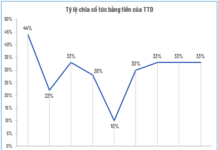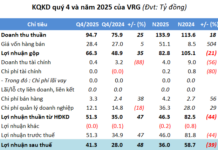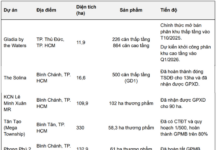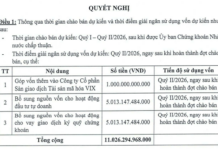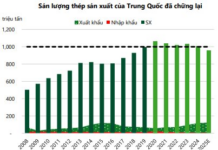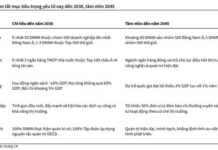The lotus plant is a versatile species where almost every part—from leaves, flowers, and seeds to rhizomes—can be utilized, offering increasingly high economic value.
Beyond its cultural symbolism, the lotus has long been deeply intertwined with the lives of people in the Western region of Vietnam, particularly in Dong Thap, known as the “lotus capital” of the country. Easy to grow and requiring minimal care, the lotus provides a stable income through products like lotus stems, flowers, and seeds, which are widely consumed. However, lotus leaves, once considered waste after each harvest, are now opening new avenues to prosperity for many young farmers.
According to Hau Giang Television (now Can Tho Television), Ngo Khanh Huy, a pharmacist in Dong Thap, earns approximately 150 million VND monthly by purchasing and processing lotus leaves into tea. Just a few years ago, lotus leaves were discarded or burned, causing significant waste. Witnessing this, Huy was determined to find a way to enhance the value of this byproduct.
The early days of his venture were challenging. He discarded dozens of batches of tea due to poor quality. However, with perseverance and support from friends and colleagues in the pharmaceutical industry, he gradually perfected the processing technique.
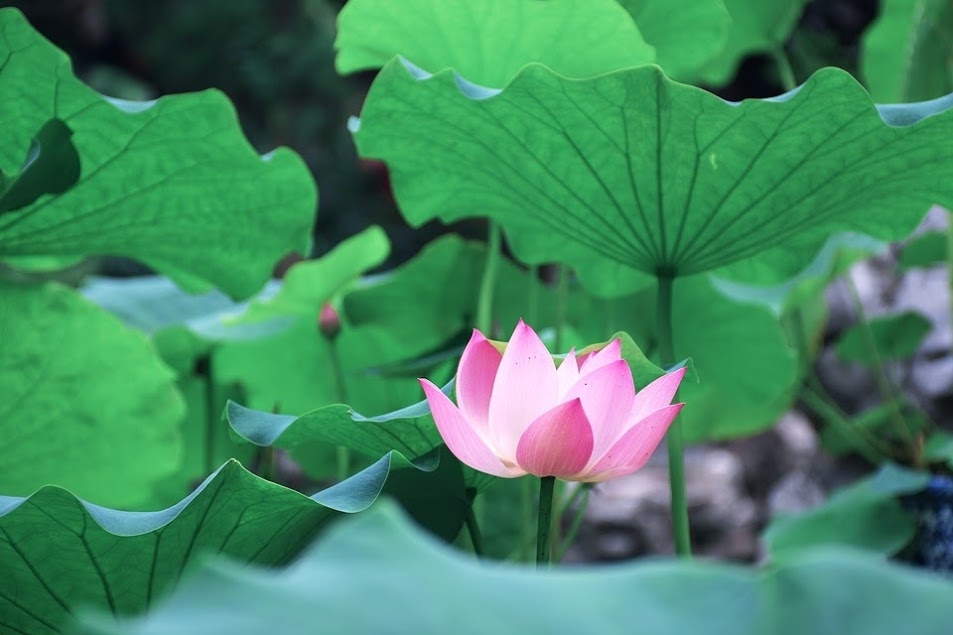
Cultivating lotus for tea production.
Appearing on the program “Farmers Greetings,” Ngo Khanh Huy shared an intriguing story about his determination to elevate lotus-based products. He discovered the value of lotus leaves by chance while attending a major agricultural fair abroad, where he observed Japanese handcrafted products, including meticulously processed lotus leaf tea. “With so many lotus plants in my hometown, why can’t we create a product that reflects our local identity?”—this question became the driving force behind Huy’s pursuit.
After 2–3 years of planning, in 2016, he decided to leave his job as a pharmacist and return home to fully dedicate himself to developing lotus tea. Leveraging his professional knowledge, he consulted with lecturers and experts in the tea and herbal medicine industries to refine the flavor, safety, and production process. The Ha Diep Lien lotus leaf tea was launched and quickly gained trust for its consistent quality and meticulous packaging.
Not stopping there, he continued to research and develop nearly 20 lotus-based products, including lotus flower tea, lotus heart tea, dietary supplements, and lotus extracts. Both lotus flower tea and lotus leaf tea have achieved OCOP certification and are distributed nationwide, as well as exported to multiple countries. Looking ahead, he is experimenting with products made from lotus silk—a high-value natural material typically found only in high-end handicrafts.
Beyond the Western region, in Hue, artisan Nguyen Thanh Thao is recognized as a pioneer in transforming lotus leaves into lotus leaf conical hats—a unique product blending traditional craftsmanship with natural materials. After years of experimentation, Thao developed a method to treat lotus leaves, making the hats durable, beautiful, and retaining their distinctive veins. The product quickly gained acclaim, winning the “Innovative Startup” award in Hue and being exported to Thailand.
Building on the success of the lotus leaf hats, Thao expanded into other complementary products such as handbags, fans, and decorative lamps, helping to promote the image of Hue’s lotus on the international market while creating new livelihoods for traditional craft villages.
Toward Sustainable Value
Models like those of Ngo Khanh Huy and Nguyen Thanh Thao highlight the immense potential in utilizing agricultural byproducts. Once considered waste, lotus leaves have become the raw material for high-value product lines, reducing waste, increasing income, and creating jobs.
Compiled
Meeting Deputy Prime Minister, FPT CEO Advocates for UAVs, While Hieu PC Proposes National Anti-Fraud Center
This highlights the key discussions from Deputy Prime Minister Nguyễn Chí Dũng’s meeting with the Vietnam Innovation Network (VIN) and Vietnamese experts, focusing on the strategic development of critical technology sectors.
SHB: Dual Momentum Fueled by Capital Expansion Strategy and Foreign Investment Opportunities
Our upcoming capital increase strategy is poised to propel SHB into the top 4 private banks by charter capital, solidifying our competitive edge through enhanced financial strength.












